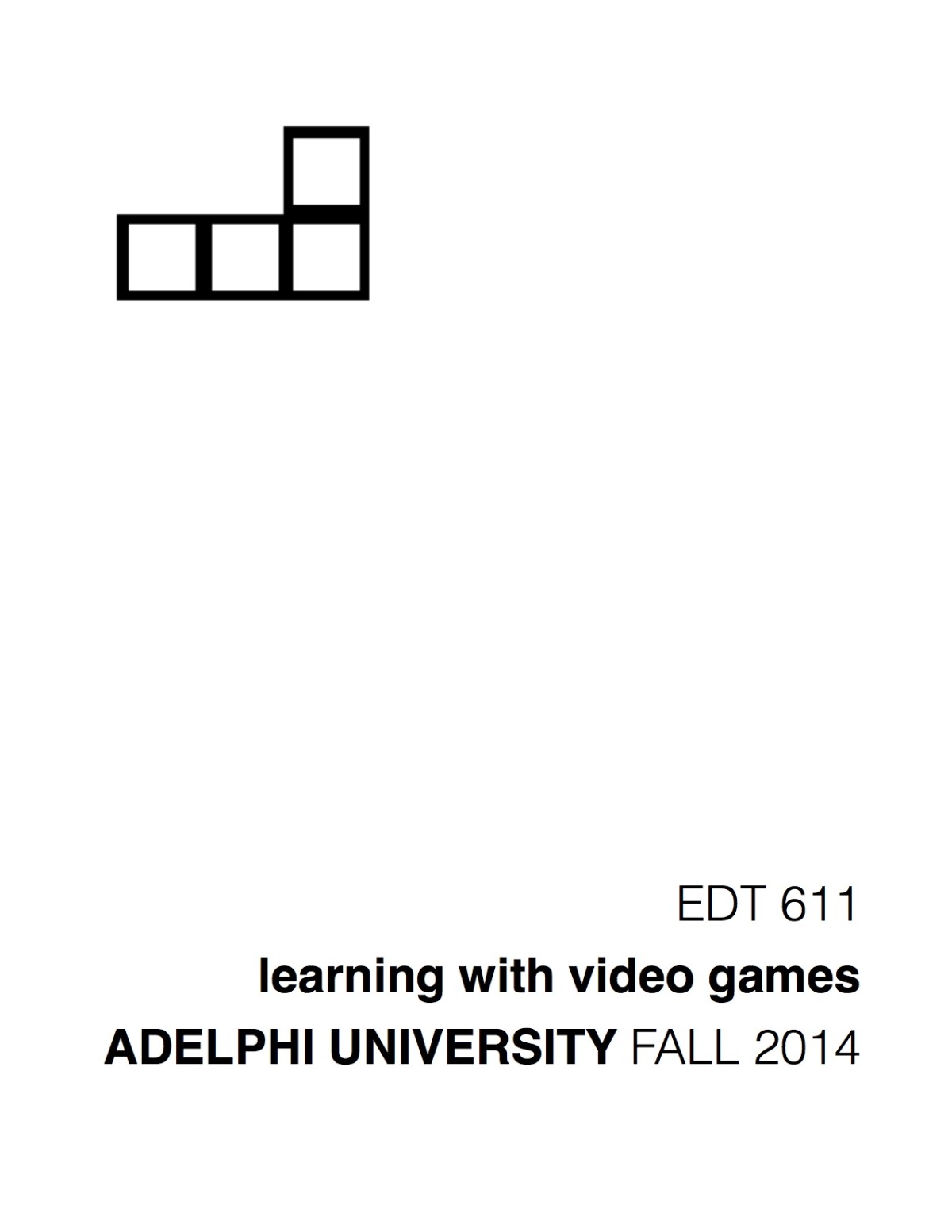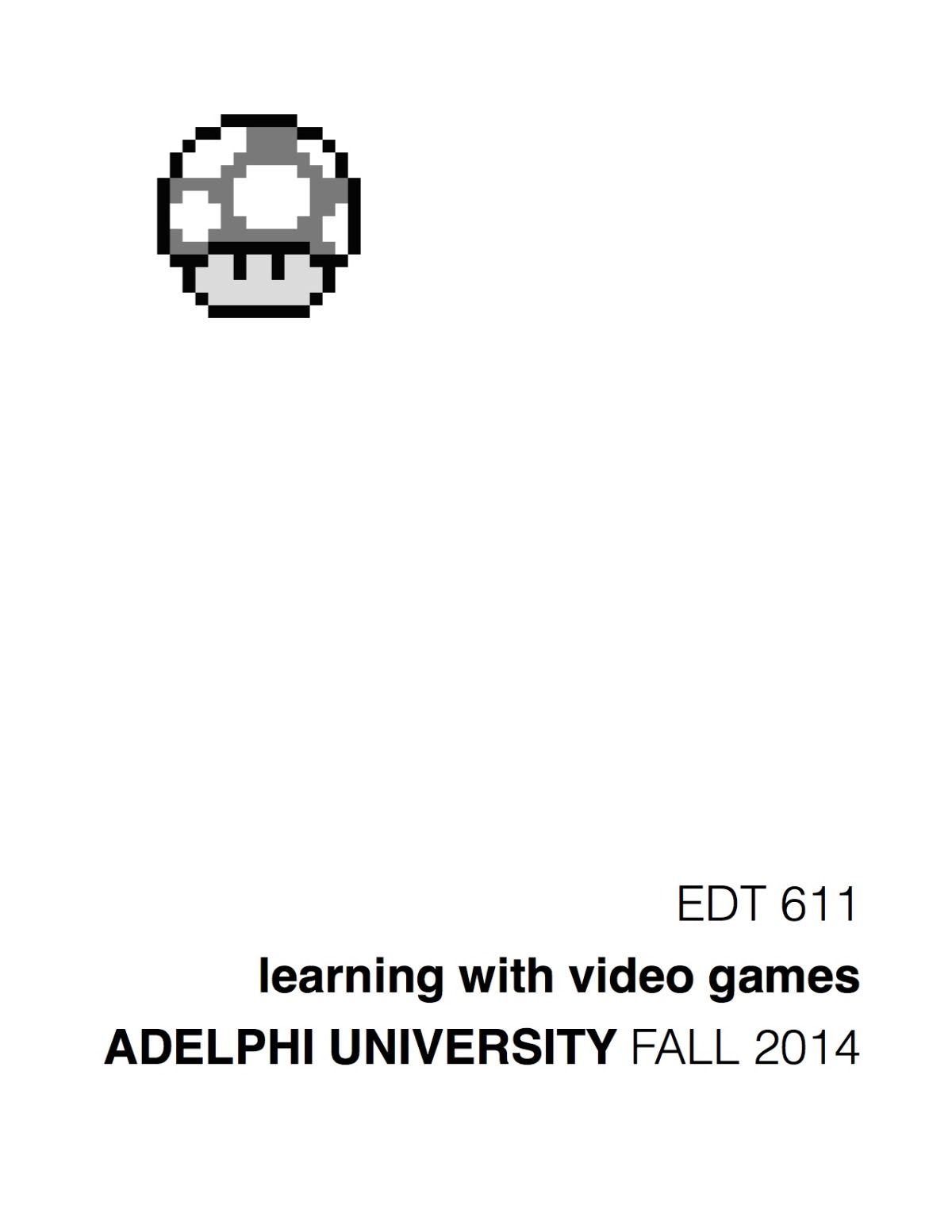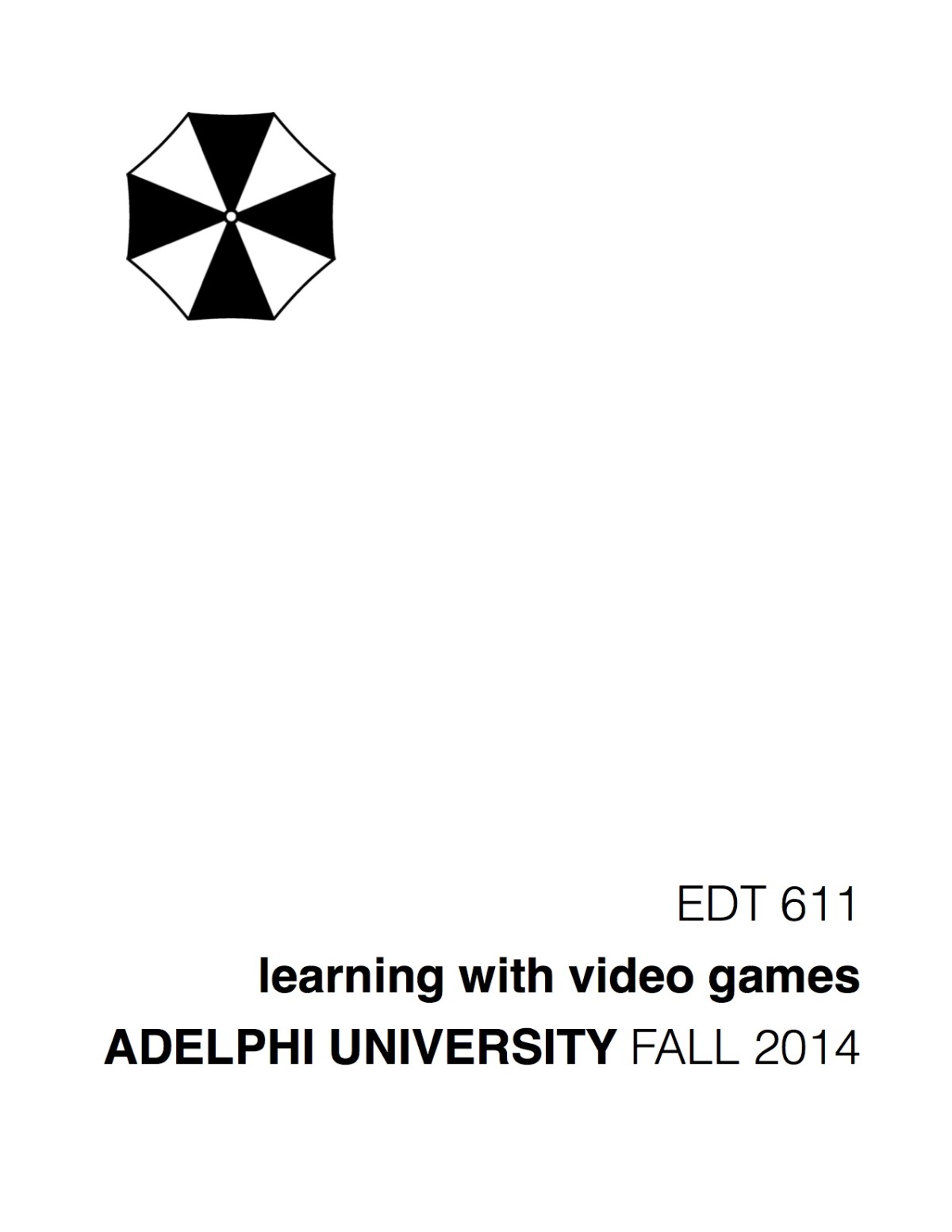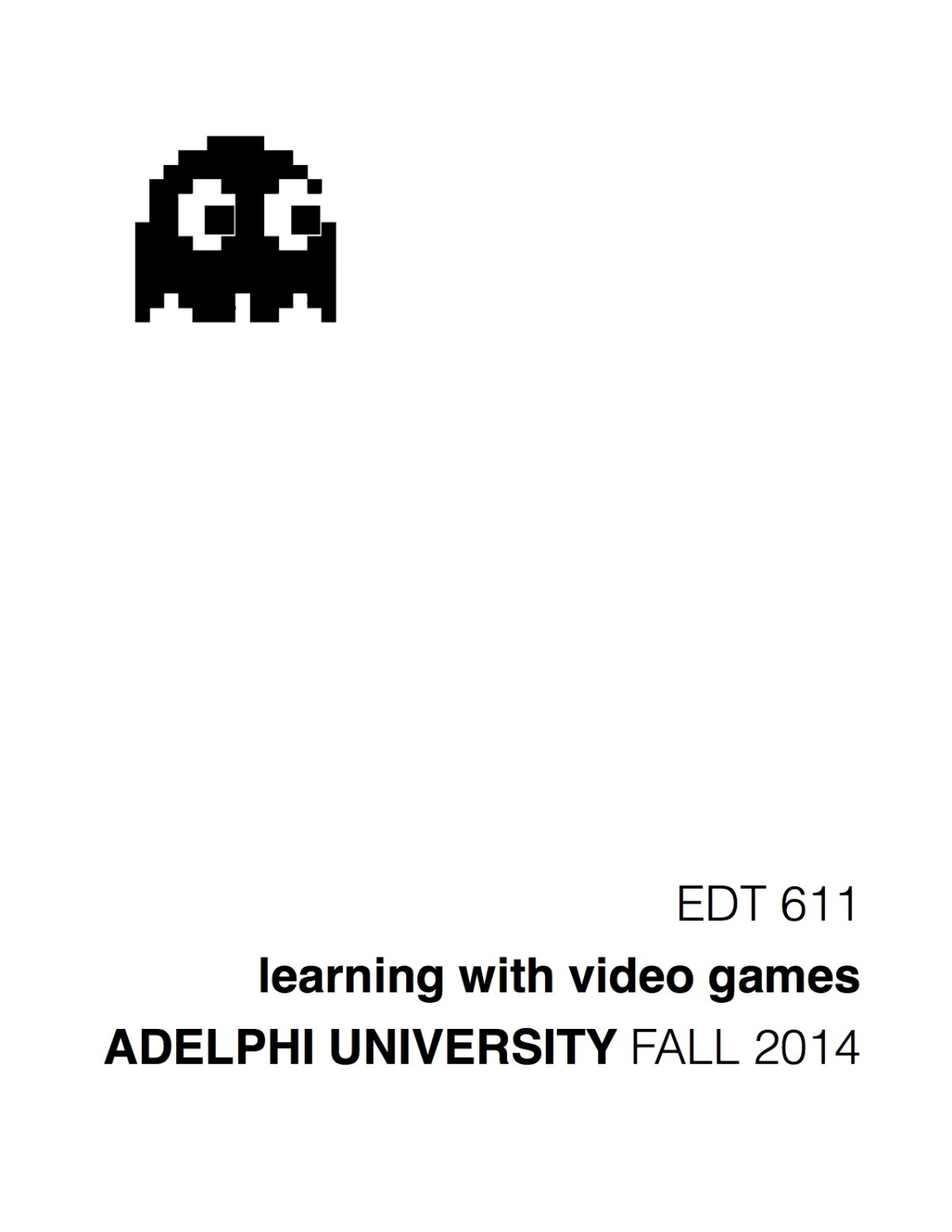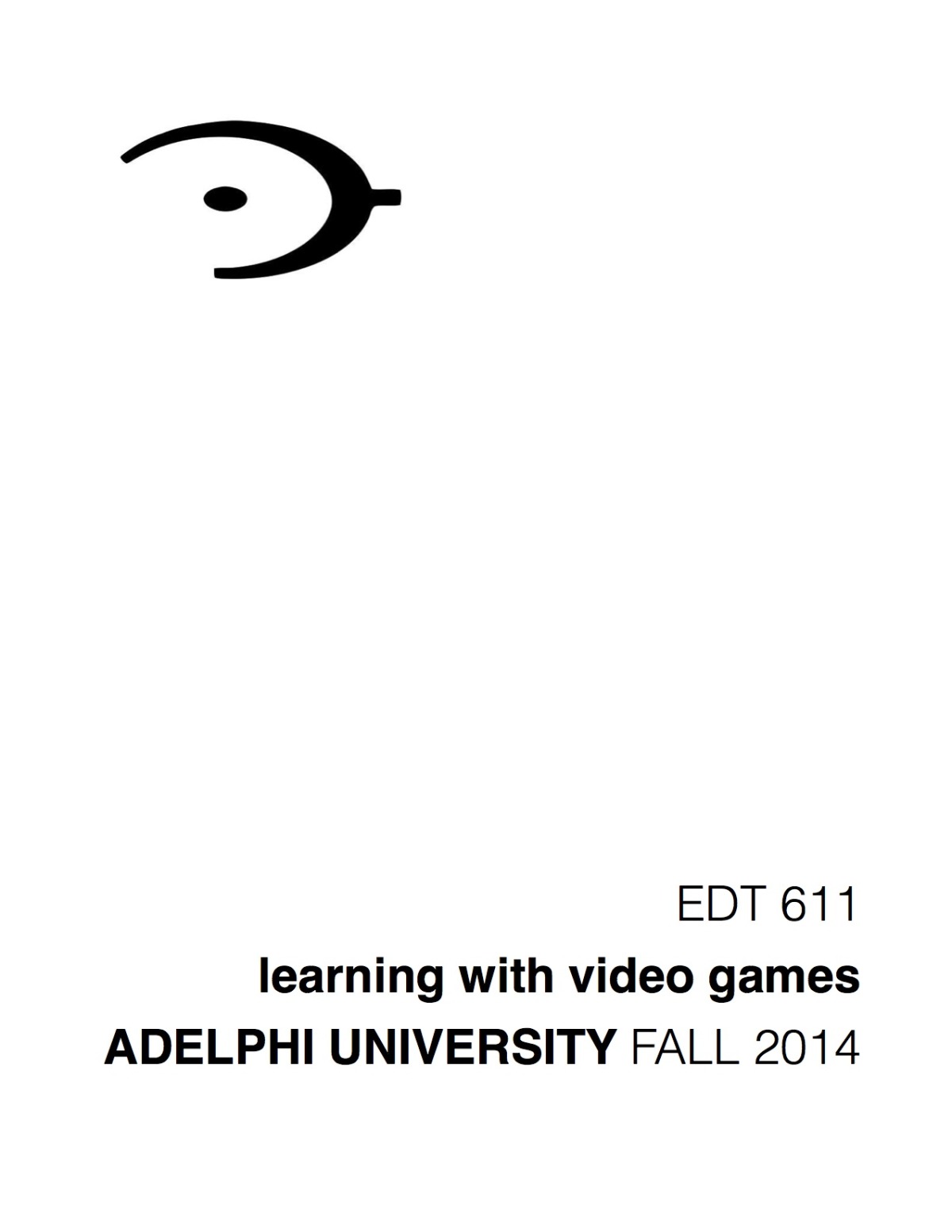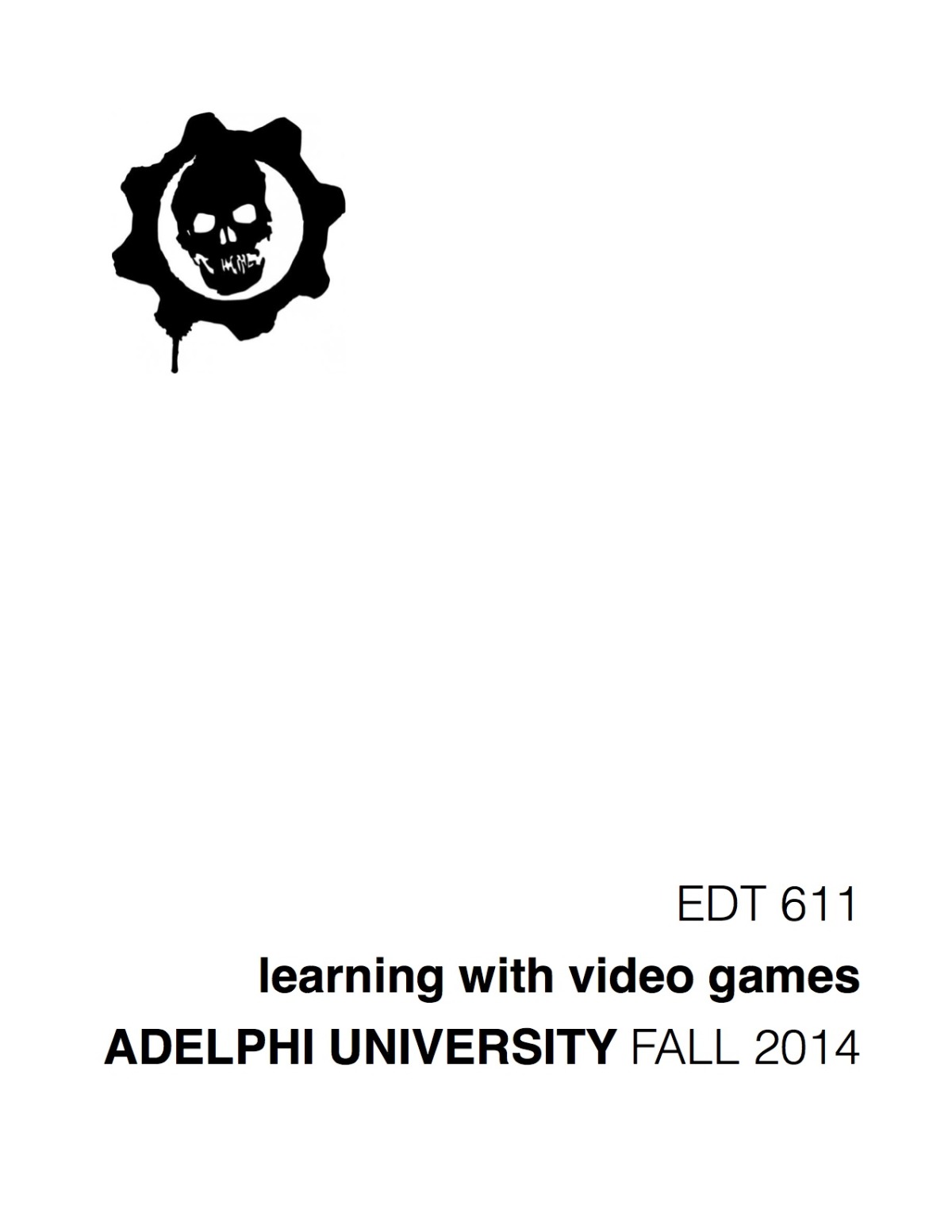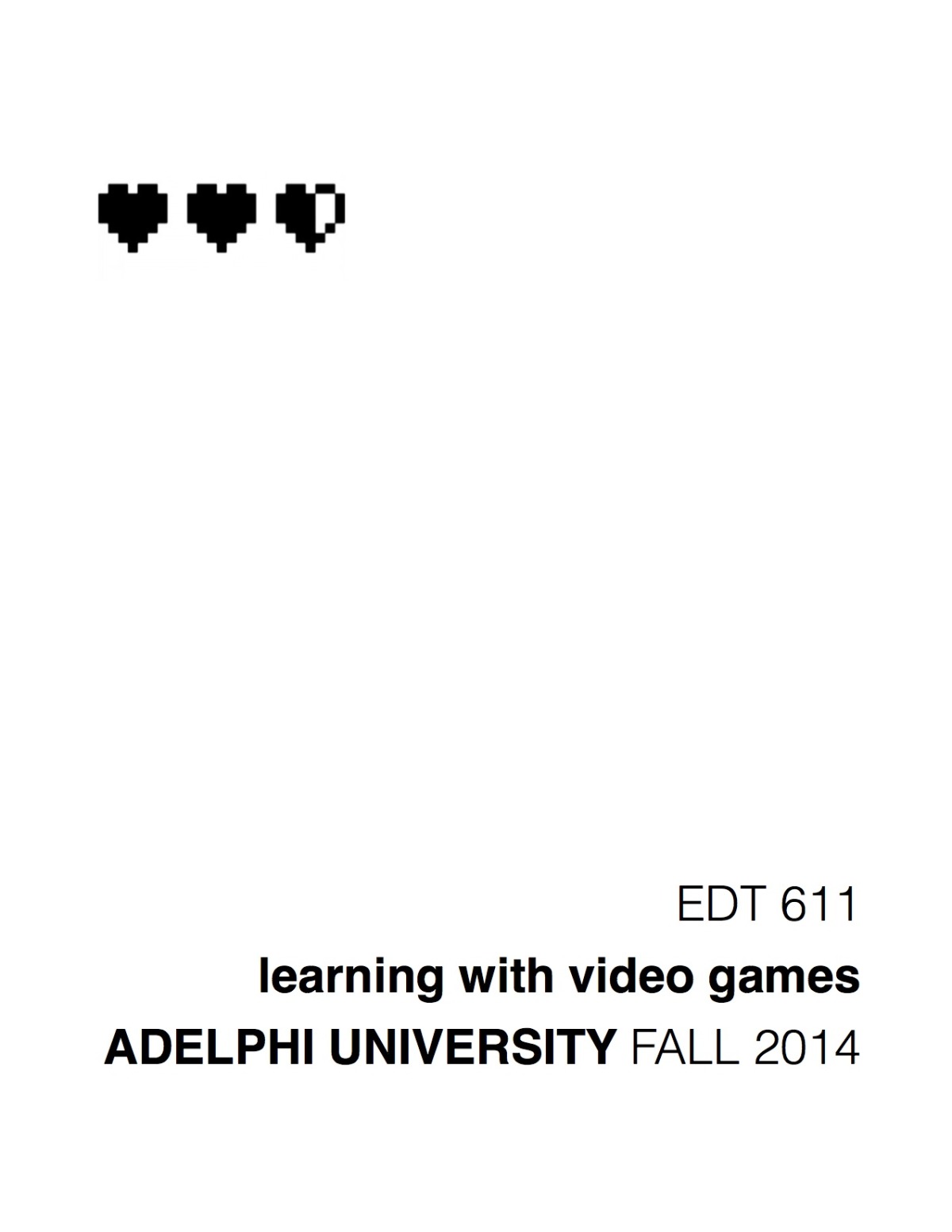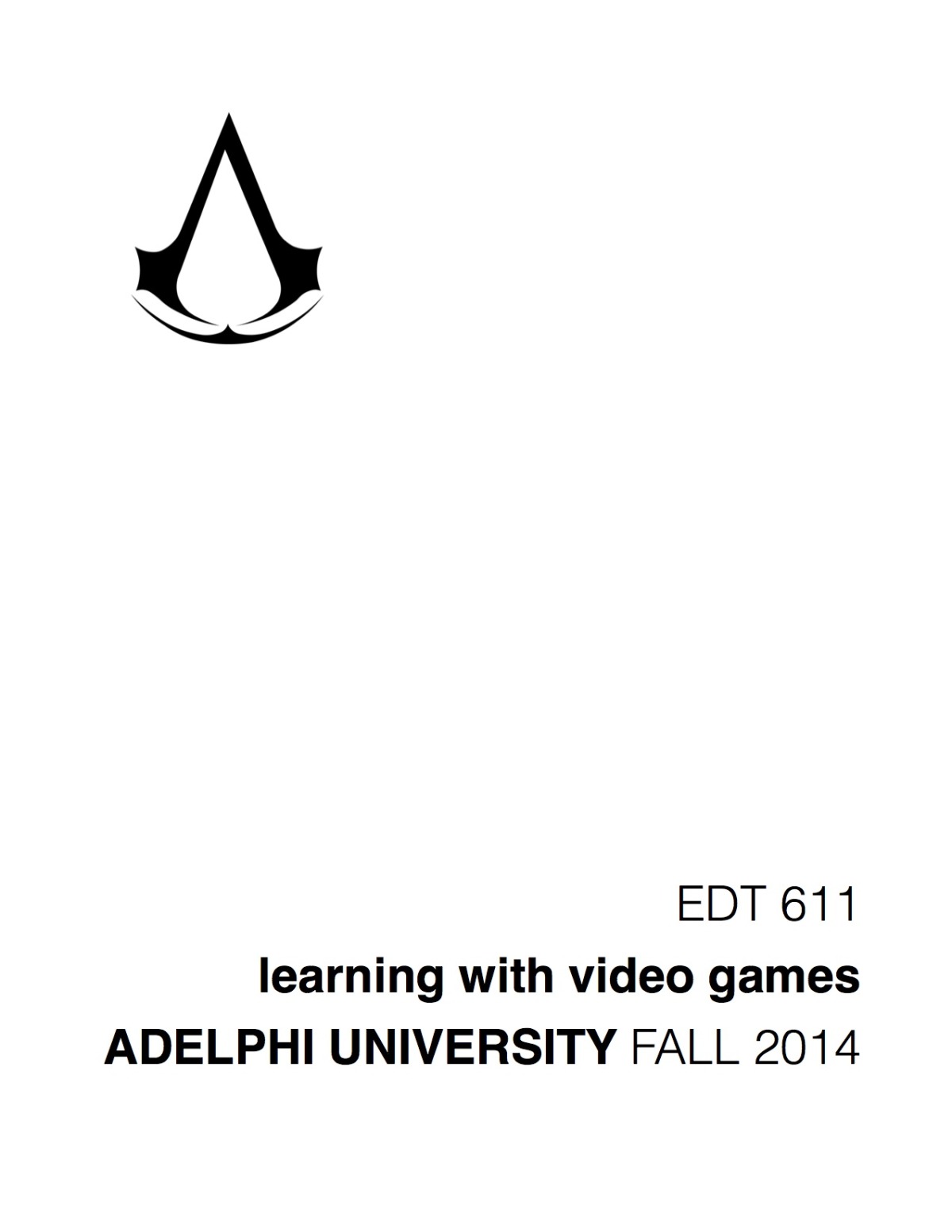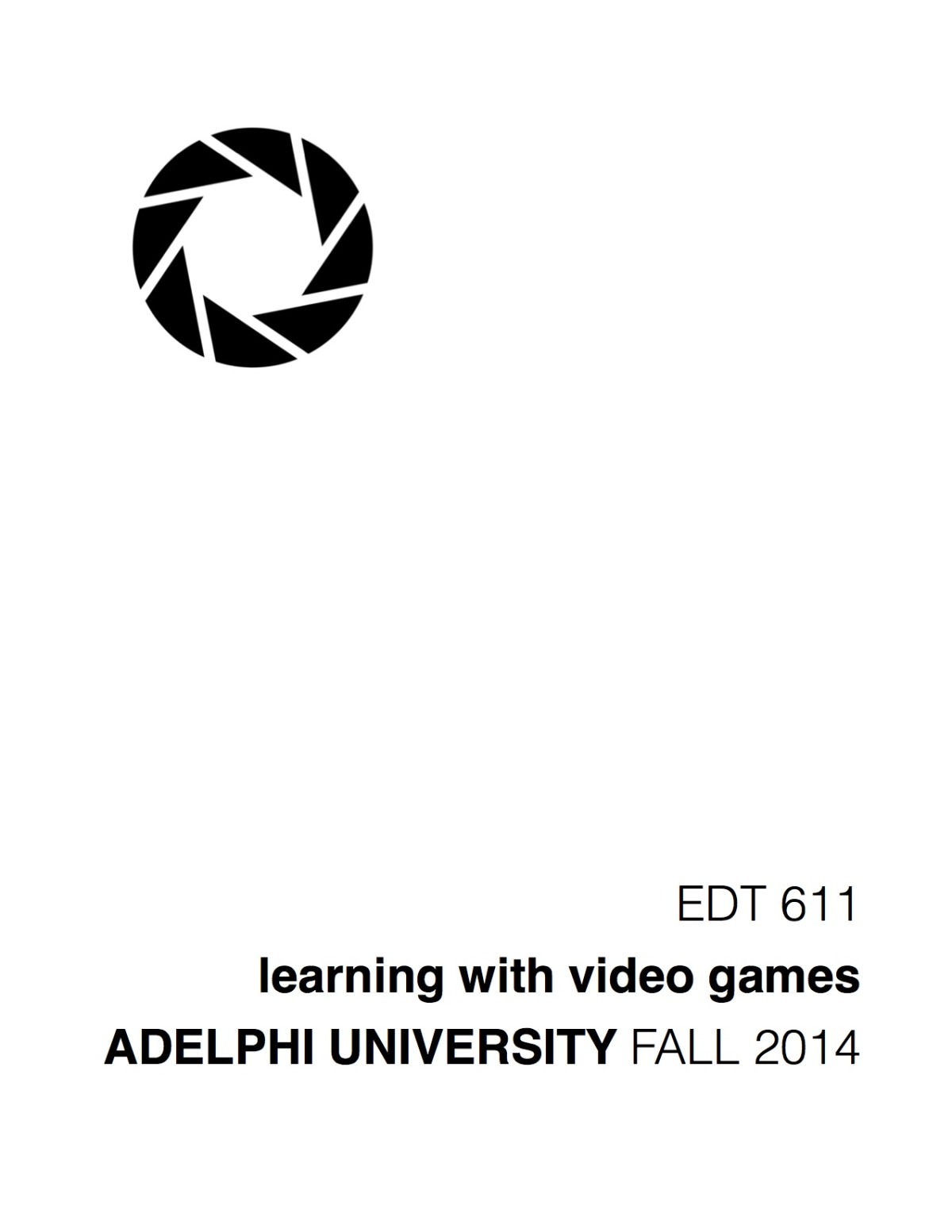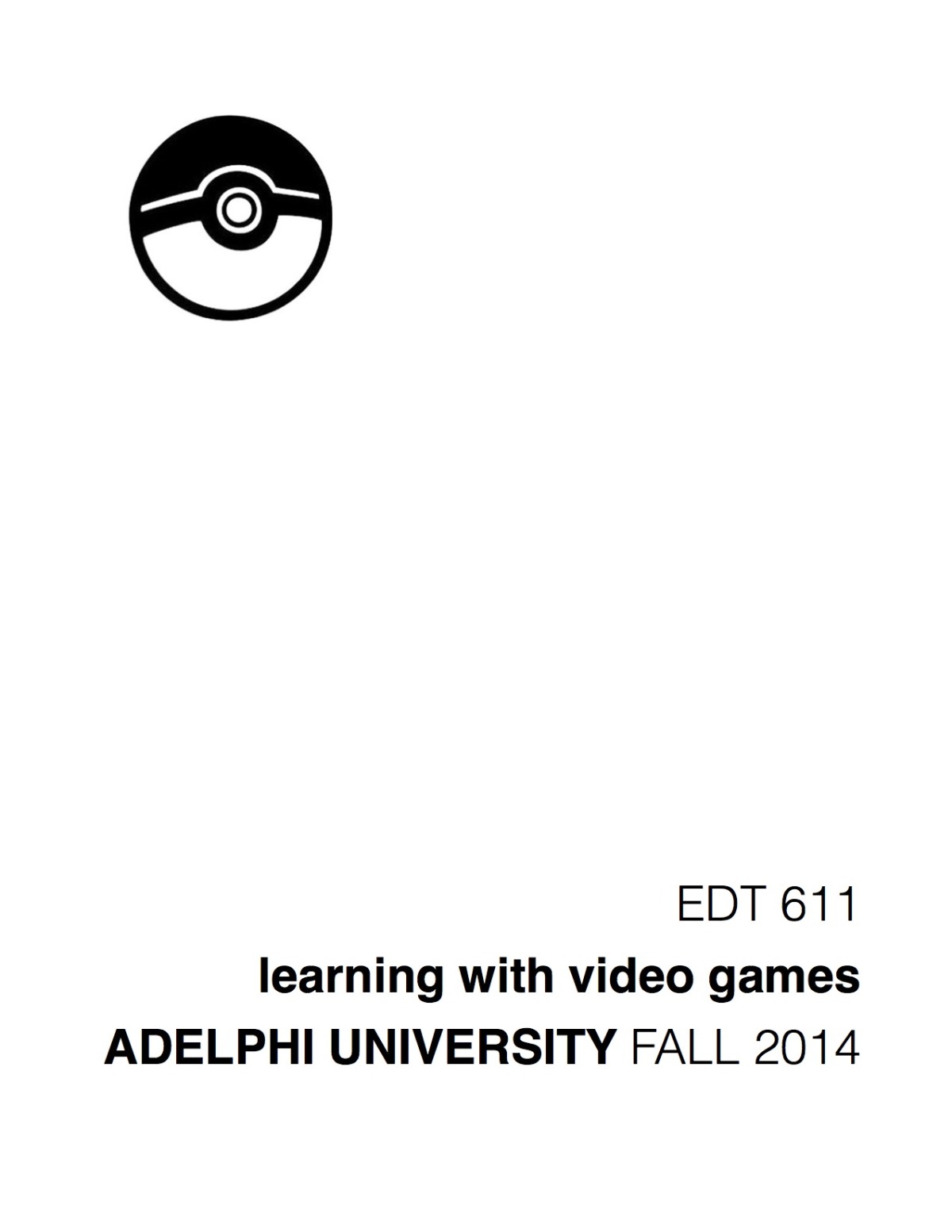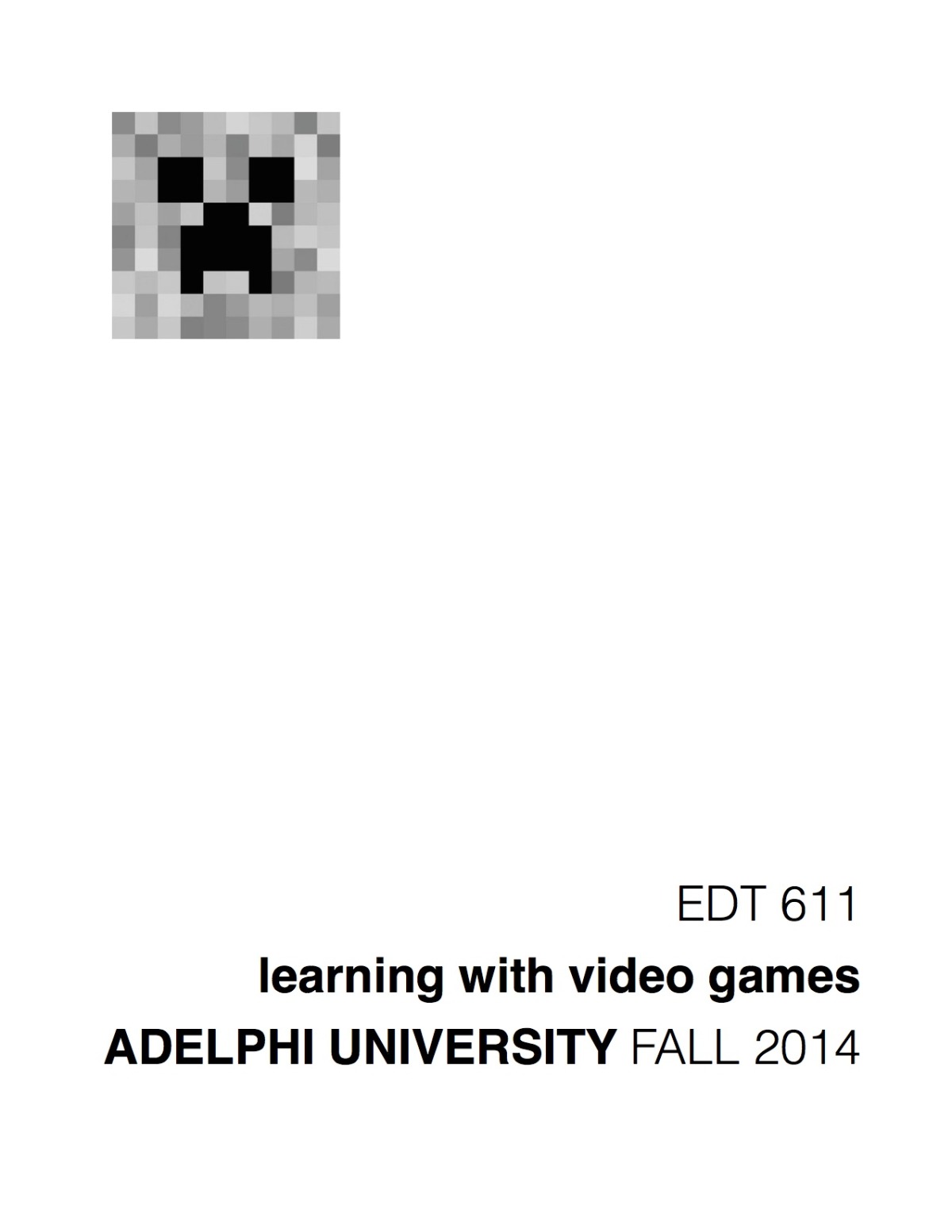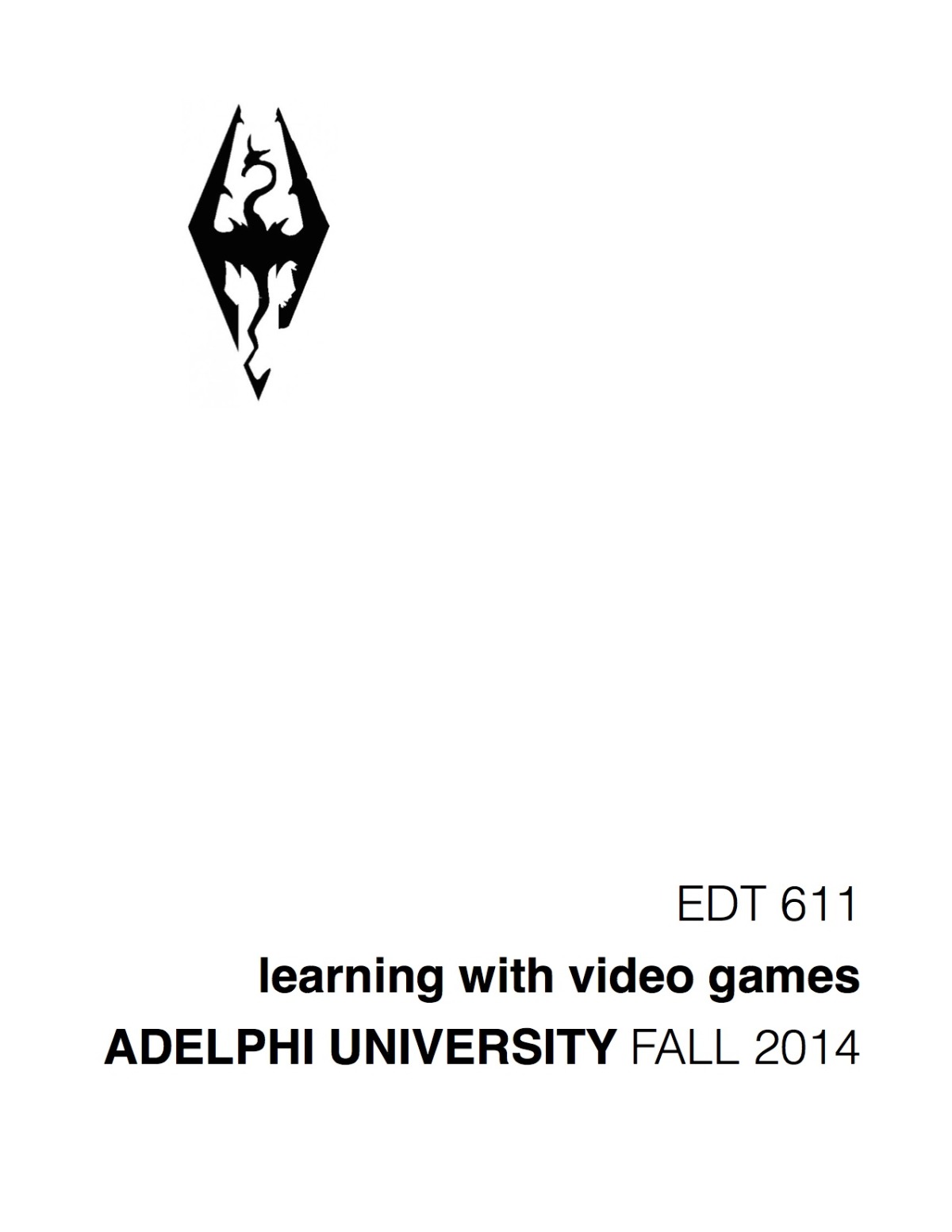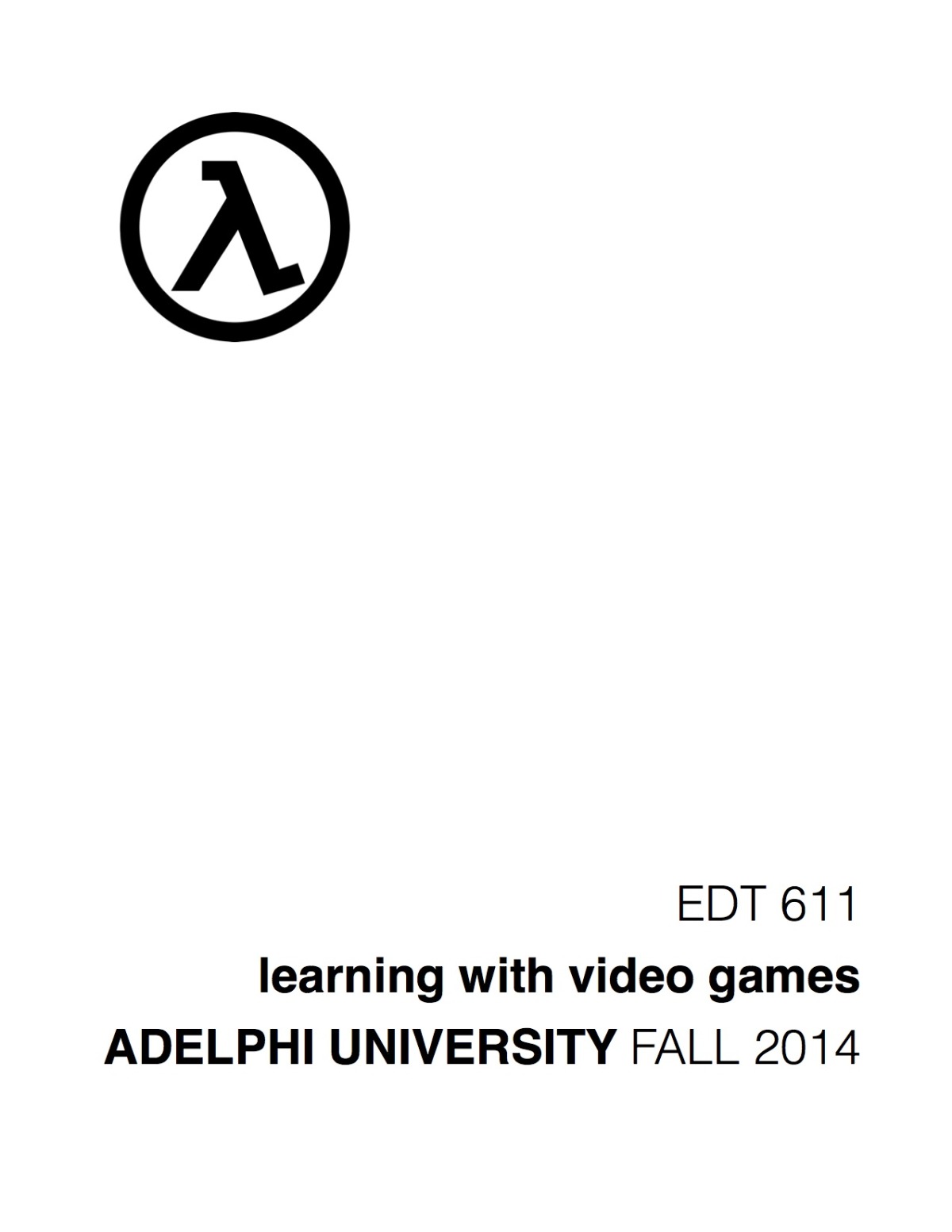Every spring, our students have to complete a multimedia project based on a theme that they voted on in the fall semester. Last year, the students addressed the issue of income inequality in society. This spring, they tackle diet and nutrition. Diet and nutrition impacts all of us, every day, all year round. There are thousands of websites, videos, and blogs devoted to the topic of diet and nutrition, maintained by experts ranging from scientists, nutritionists, to people with self-proclaimed expert status (e.g., “foodie”). Over the past decade, concepts and labels like gluten-free, local, organic, sustainable, cage free, farm fresh, humanely raised, grass-fed, hormone free, pasture-raised, (All) Natural, the Atkins diet, the Paleo diet, the South Beach Diet, the Master Cleanse, the Zone Diet, Weight Watchers, Mediterranean Diet, Volumetrics, Raw Food Diet, NutriSystem, and Macrobiotic Diet (just to name a few!) have permeated our vocabulary. Diet and nutrition is clearly an important topic for everyone to think about.




